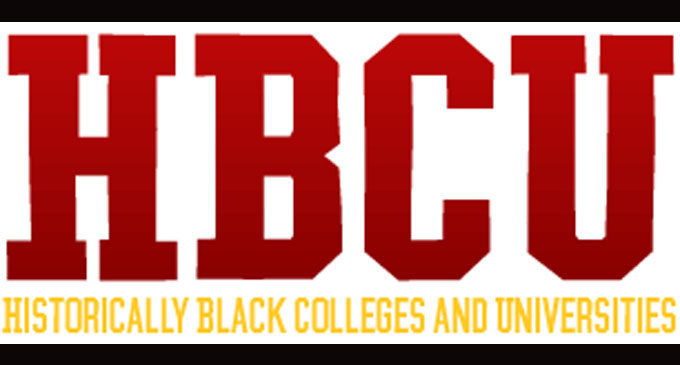Commentary: Let’s keep Historically Black Colleges and Universities in a bright and permanent light

By Dr. James B. Ewers Jr.
The brilliance of HBCUs is creating a buzz in the higher education community. Some would argue that the notoriety around them is at an all-time high.
If you went to an HBCU like I did, the pride you have has been multiplied.
They are getting kudos monthly. Alumni of these schools are blazing trails and capturing honors as well as opportunities. Scholars and stars who graduated from Historically Black Colleges and Universities are crossing the academic sands with distinction. Their journeys are bringing them back full circle to their roots.
Say it loud, I’m an HBCU grad and proud!
Many would say that HBCU graduates and African Americans as a race have landed many positions at PWI,s (Predominantly White Institutions). Now, if you are Black and did not go to an HBCU, you want to work at an HBCU.
Take for example Nikole Hannah-Jones, who attended the University of Notre Dame and received her bachelor’s degree. Until last week, Nikole Hannah-Jones was on the journalism faculty at the University of North Carolina at Chapel Hill. She had a treasure trove of honors and awards at UNC. She received the Young Alumni Award in 2017; the Distinguished Alumna Award in 2019 and was inducted into the N.C. Media Hall of Fame in 2020.
Ms. Hannah-Jones has also won the Pulitzer Prize in 2020 for her work on The 1619 Project.
She said, “I have loved the University of North Carolina at Chapel Hill since I was a child watching Tar Heels basketball on television.” These comments came from her as she resigned her would-be tenured position at the University of North Carolina at Chapel Hill.
She has moved on to a more prestigious position.
Ms. Hannah-Jones is now The Knight Chair in Race and Journalism at Howard University in Washington D.C. Howard University is one of the most renowned HBCUs in the country. It was founded in 1867.
Another African American scholar, Ta-Neshisi Paul Coates, will also join the Howard University faculty.
Their road to HU will be a reminder to many the power and influence that our schools have in America. It is my thinking that more African Americans in higher education and other fields will want to cast their futures with HBCUs.
The power of publicity gave us an inside view at what happens when Black people test traditional systems. We come out stronger and better for it.
In the coming months and years, our schools will be more coveted destinations and not off-road detours. Faculty will see them as their first choice for employment.
With more distinguished HBCU faculty will come more students of all ethnicities. Recruiting high caliber students will become less difficult.
Partnerships with corporations are becoming more frequent. They are seeing the viability and value of HBCUs and their graduates. Seeking out these alliances will influence the diversity of the workforce and will also provide more internship opportunities for students.
The pandemic made our campuses pause over the past year. It appears now that in the coming months, they will be back. There will be some modifications and it will be up to each school to define what those modifications will be.
Students will return to the “block” to talk in between classes. They will have big stories to tell and maybe some big laughs, too.
We as alumni must continue to support them with our time, money and connections. We can do no less.
HBCUs have been beacons of excellence for years. By being proactive, we can have a hand in their growth for decades to come. We take pride in them because of what they have done for us.
Historically Black Colleges and Universities have been steadfast and have never wavered from their mission.
James B. Ewers Jr., Ed.D., is a former tennis champion at Atkins High School in Winston-Salem and played college tennis at Johnson C. Smith University, where he was all-conference for four years. He is a retired college administrator. He can be reached at overtimefergie.2020@yahoo.com.









